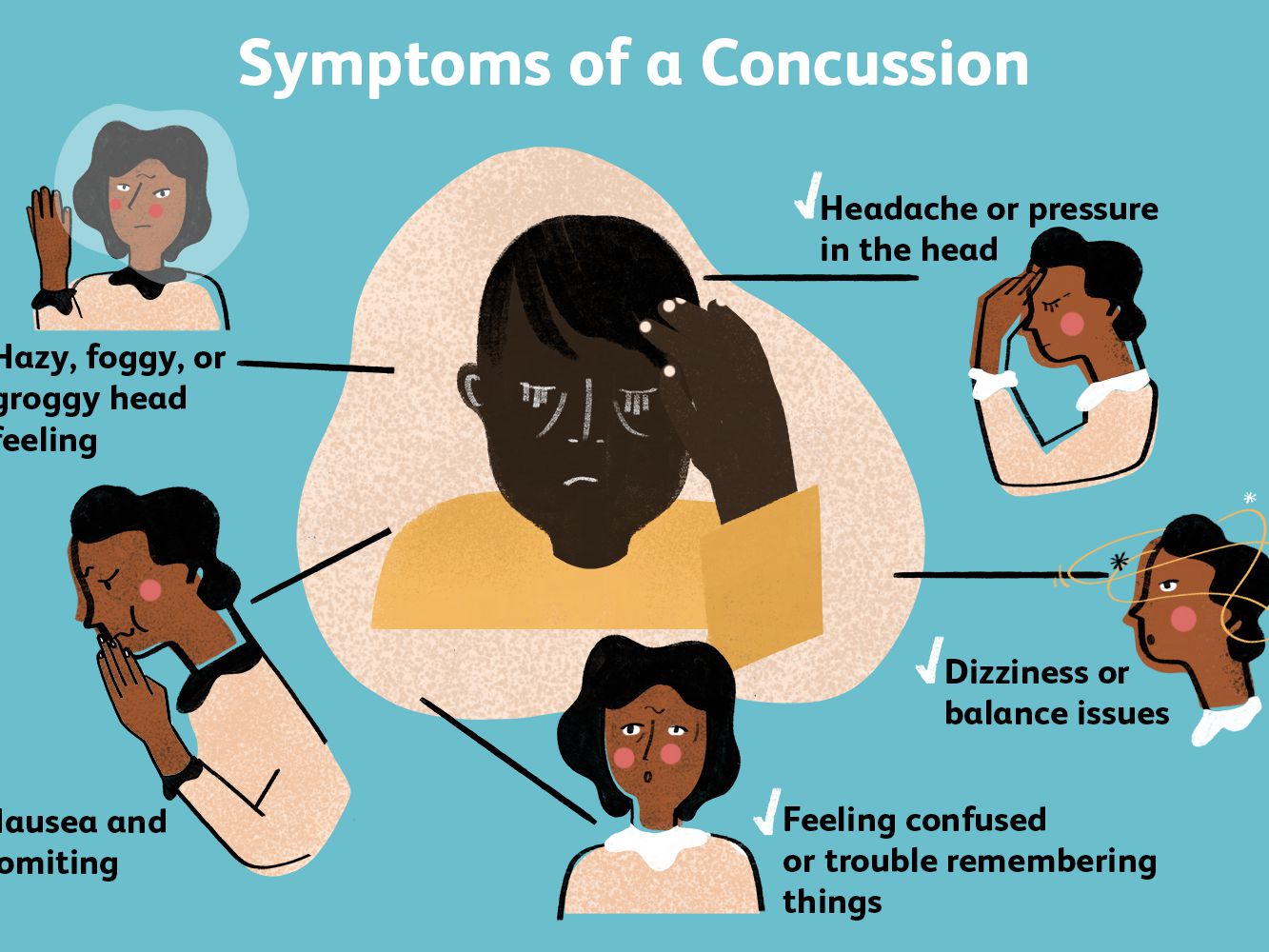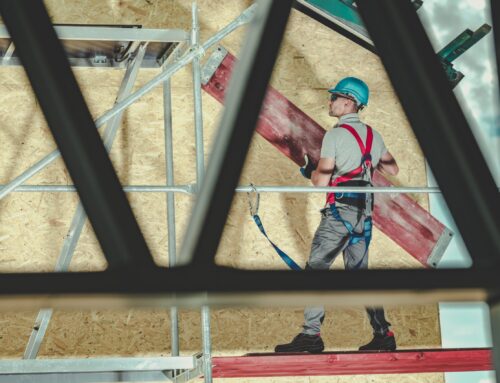You don’t have to scroll too far into the sports section to read about some famous athlete’s career sidelined by a concussion or series of them. But the football field isn’t the only workplace where concussions happen, and the effect to employers and employees can be just as costly as it is to a major sports franchise.
What is a concussion?
A concussion is a traumatic brain injury caused by a blow to the head or whiplash that results in the head and brain moving rapidly back and forth.
This sudden movement can cause the brain to bounce around or twist in the skull, creating chemical changes in the brain and sometimes stretching and damaging brain cells.
Concussions at Work
Concussions are often related to slips, trips and falls, strikes to the head, heavy machinery accidents or motor vehicle accidents. Inanimate objects, such as falling boxes, might also cause a strike to the head.
The number of workers with concussions who receive wage loss benefits due to time off work is now 10 times higher than the number in 2006.
In fact, construction workers, account for nearly 25% of all occupational traumatic brain injury (TBI) fatalities in on-the-job incidents, according to the Centers for Disease Control & Prevention (CDC), and construction workers also see the greatest number of work-related, non-fatal brain injuries annually.
Most cognitive issues related to mild concussions resolve within 7-10 days and go away completely after three months. However, 10-15 percent of sufferers experience longer-lasting symptoms, often referred to as post-concussion syndrome.
Since a concussion isn’t a visible injury, employees might seem ready to return to regular work when they really aren’t. It’s important to know that no two concussions are alike. While concussions can cause loss of consciousness in some cases, there might not be any obvious outward signs or symptoms in another case. Some people have issues with migraines; others may suffer from dizziness, anxiety, insomnia, mood disturbance, among other side effects.
How can I prevent concussions in the workplace?
To prevent concussions in the workplace, encourage employees to take the following precautions:
- Remove tripping hazards. Make sure walkways and workspaces are free of clutter, cords, puddles of water or anything else that could cause a slip, trip or fall.
- Use proper signage to alert employees of wet surfaces.
- Use handrails when taking the stairs.
- Use caution when working from heights. Never stand on the top two steps of a ladder.
- If a job requires wearing a helmet, make sure it’s properly fitted and in good condition.






